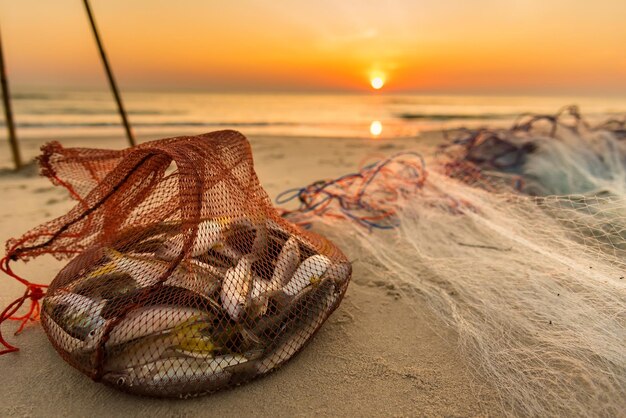Zimbabwe Signs Charter to Regulate the Fishing Industry

Zimbabwe has become the 13th country to sign the charter for the establishment of the Regional Fisheries Monitoring, Control, and Surveillance Coordination Centre (MCSCC) within the Southern African Development Community (SADC) region. The agreement is a significant step towards the regulation of the fishing industry across the region.
Speaking at the signing ceremony, Dr. Anxious Masuka, Zimbabwe’s Minister of Lands, Agriculture, Fisheries, Water, and Rural Development, emphasized that the initiative would address several challenges facing the local fishing industry, particularly on Lake Kariba, one of the country’s major fisheries. The newly established coordination centre will focus on enhancing regional efforts to combat illegal, unreported, and unregulated fishing (IUU), a growing problem that has been harming the health of fish stocks and local economies.
“We are pleased to be part of this collective effort, especially in regulating the Kapenta fishing industry on Lake Kariba, which is vital to our communities,” Dr. Masuka said. He added that the government was already working on procuring vessel monitoring devices to track and regulate fishing activities in the region. This effort, part of the PROFISHBLUE Projects, involves collaboration between the government, SADC, and the World Fund for Nature (WWF).
The project also aims to support the local fishing industry by providing a better framework for monitoring, control, and surveillance. It will help curb overfishing and the problem of unregistered vessels operating in Zimbabwean waters.
Professor Obert Jiri, Permanent Secretary in the Ministry of Lands, Agriculture, Fisheries, Water, and Rural Development, highlighted that the establishment of the MCSCC was a major milestone in safeguarding the region’s aquatic resources. “Our aquatic ecosystems are crucial for food security, livelihoods, and economic growth. This center will help ensure that these resources are sustainably managed for future generations,” he said.
The SADC region is home to a variety of valuable aquatic ecosystems, ranging from the vast oceans to numerous inland lakes and rivers. These bodies of water provide essential resources for millions of people, and the MCSCC’s role will be central to ensuring that fishing remains a viable and sustainable industry across the region.
Motseki Hlatshwayo, Technical Advisor for Fisheries at the SADC Secretariat, pointed out that IUU fishing currently costs the region approximately US$400 million annually. This illegal activity undermines market stability, threatens fish stocks, and affects the livelihoods of rural and lakeshore communities. The MCSCC is expected to play a crucial role in addressing these issues and improving the management of fisheries throughout Southern Africa.
Beyond regulatory frameworks, Zimbabwe is also taking steps to promote aquaculture as a means to combat unemployment and reduce rural-to-urban migration. The government has established 35,000 village business units that include fish farming as part of broader efforts to enhance food security and economic opportunities for rural communities.
Through these combined efforts—regional cooperation, technological advancements, and government support—Zimbabwe is poised to strengthen its fisheries sector and contribute to the sustainable management of the region’s rich aquatic resources.




